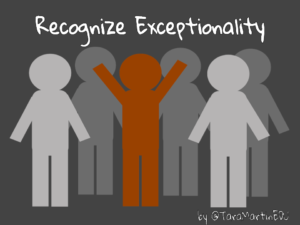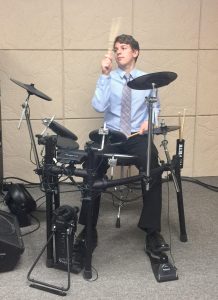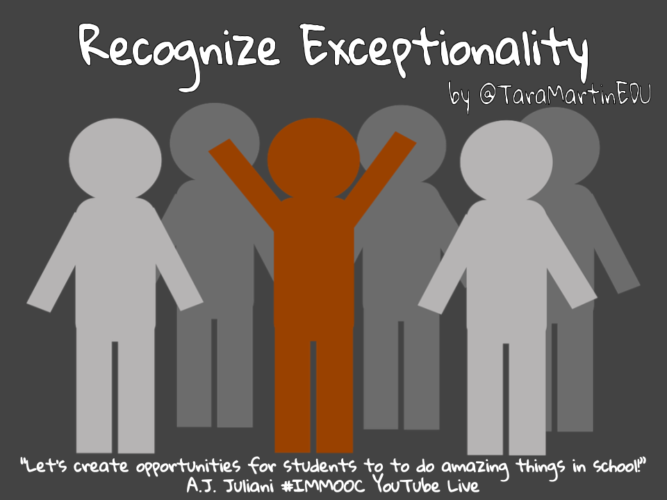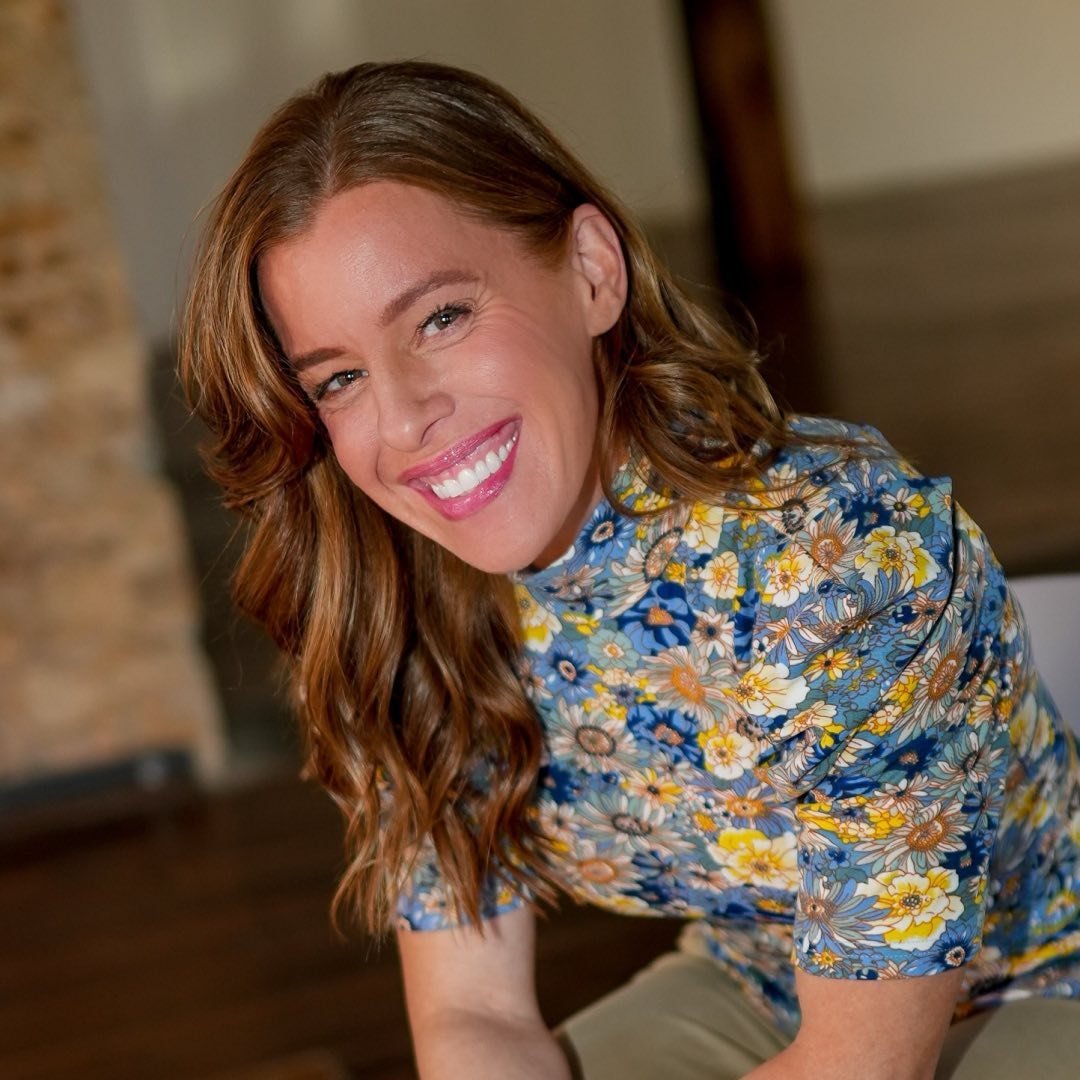 I recently listened to a podcast by StartEdUp featuring Dr. Yong Zhao. During which, Dr. Zhao shared “The Rudolph Effect.” If you’ve never heard it, you need to! (The link it listed below.) It’s incredible! He discussed what a shame it was that others dismissed Rudolph’s exceptionalities as useless and embarrassing until the foggy Christmas Eve. At that point, Rudolph’s shiny, red nose was needed to guide the sleigh and “save” the children.
I recently listened to a podcast by StartEdUp featuring Dr. Yong Zhao. During which, Dr. Zhao shared “The Rudolph Effect.” If you’ve never heard it, you need to! (The link it listed below.) It’s incredible! He discussed what a shame it was that others dismissed Rudolph’s exceptionalities as useless and embarrassing until the foggy Christmas Eve. At that point, Rudolph’s shiny, red nose was needed to guide the sleigh and “save” the children.
As I considered this concept and how it relates to students and educators today, I couldn’t help but ask myself, “How often do we dismiss the individuality of others?”
How might we prepare our students for the future when we don’t even know what the future might hold? A better question might be, what makes humans different from smart machines? I can’t help but think it is their unique individuality! What are the chances a smart machine can replicate every individuals’ unique strengths and talents? I can’t imagine this happening. Dr. Zhao talks a little about this in the podcast, as well. So, if we teach students to play to their strengths, might we better prepare them for the future?
Questions to Consider
• In what ways are we allowing students to embrace their originality in the learning environment? Is this a priority in schools today?
• Or, are we placing perimeters on not only students but our adult learners, educators, and staff members?
• Might we be too busy striving to meet a standard (that may or may not help us in the future) and we miss the opportunity to recognize the exceptionality in the individuals with which we rub shoulders with or better yet the students we are entrusted to educate?
• Must we place a rubric or a grade on every learning opportunity and limit the “red noses” of our students to shine during our lessons?
Personal story
Kaleb, my son, couldn’t wait to get to middle school to play the drums in the band. However, before trying out for the band, he was told he had to take two years of piano first! As you might have guessed, he was devastated. He had no interest in piano. When he came home that day, he expressed how his dream of becoming a drummer was instantly squashed due to these parameters.
 Fortunate for Kaleb, we had him begin playing at church. I play the piano, so having him try the drums was no big deal. This kid is TRULY a natural! In fact, others who visit our church often ask, where did he take lessons? They will tell us, “Wow, he has incredible talent!” It melts my heart that Kaleb didn’t have an opportunity to do something amazing with this outstanding gift in school. Could it be that he would have received a scholarship for his abilities–doing what he loves? Who knows? Granted, Kaleb still has an outlet to play the drums and fulfill his passion. However, how many students do we limit? How often to we decide what they need to do to meet our needs and miss playing to their strengths?
Fortunate for Kaleb, we had him begin playing at church. I play the piano, so having him try the drums was no big deal. This kid is TRULY a natural! In fact, others who visit our church often ask, where did he take lessons? They will tell us, “Wow, he has incredible talent!” It melts my heart that Kaleb didn’t have an opportunity to do something amazing with this outstanding gift in school. Could it be that he would have received a scholarship for his abilities–doing what he loves? Who knows? Granted, Kaleb still has an outlet to play the drums and fulfill his passion. However, how many students do we limit? How often to we decide what they need to do to meet our needs and miss playing to their strengths?
The Challenge
One of Dr. Zhao final statements in the StartEdUp podcast challenged me. He said,
“The foggy Christmas Eve has arrived for everyone.”
What will we do? Will we recognize the exceptionalities and do as A.J. Juliani said during the #IMMOOC YouTube session, “create opportunities for students to do something amazing IN schools?” Or, will we continue on, business as usual, and miss saving the children?
George Couros said it like this in The Innovator’s Mindset,
“Change is an opportunity to do something amazing!”
“If students leave school less curious than when they started, we have failed them.”
Therefore, let’s create change! Better yet, let’s BE the change!
Click here and listen to “The Rudolph Effect” with StartEdUp featuring Dr. Zhao.


